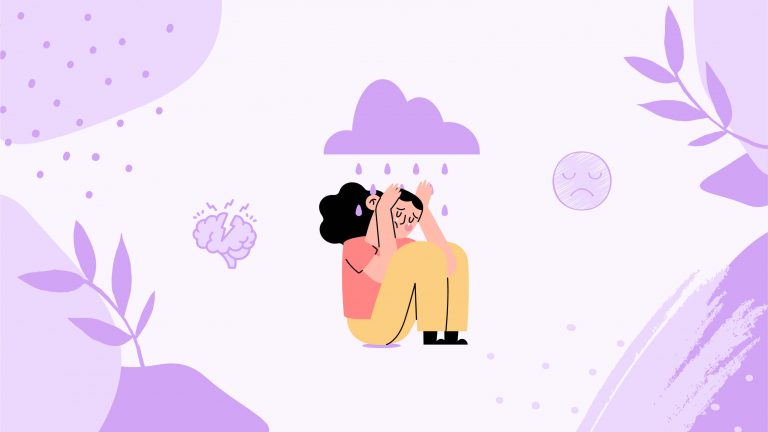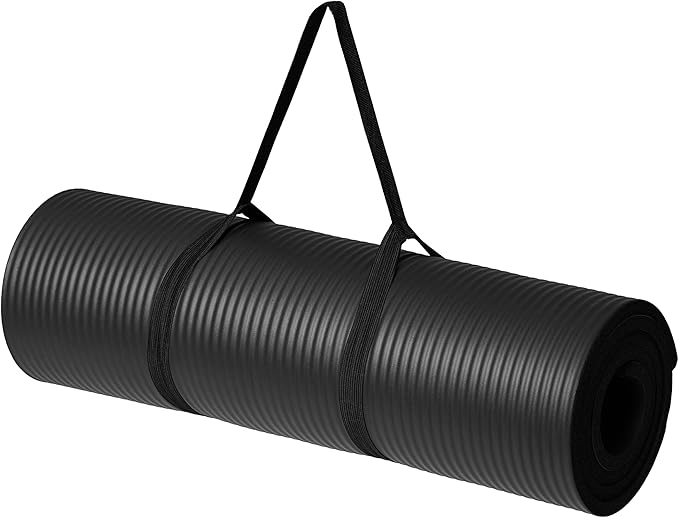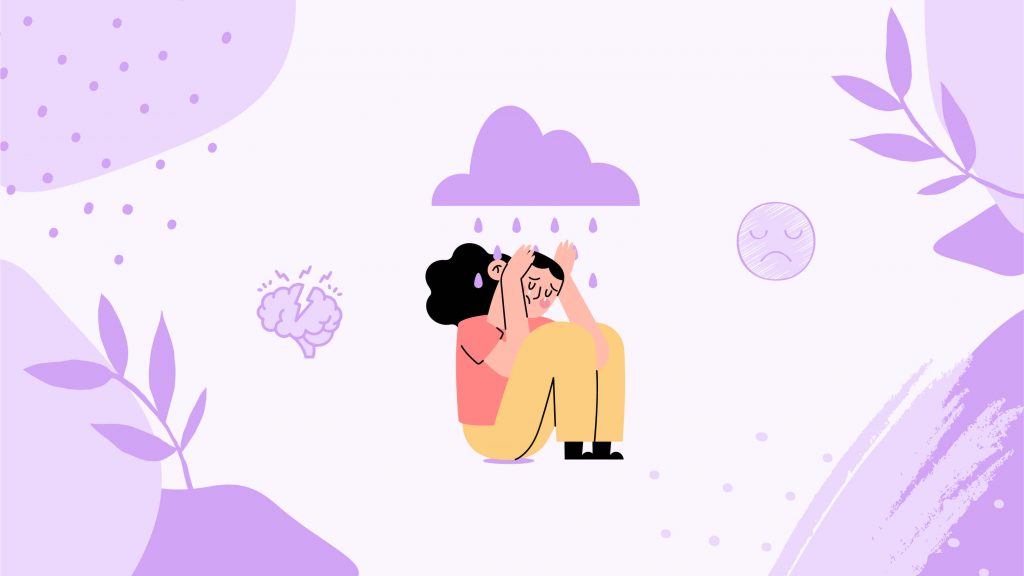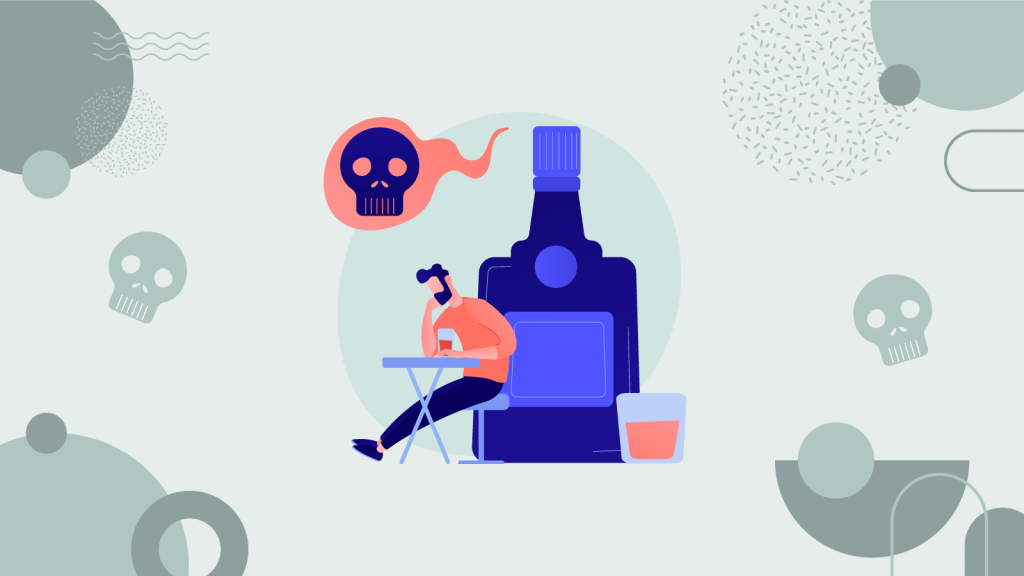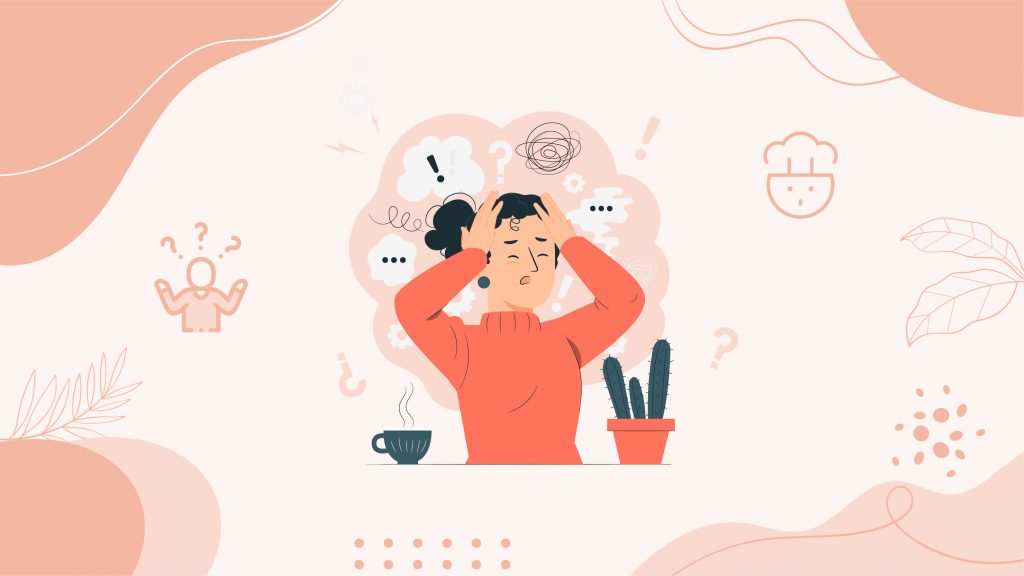“Tired body and mind, several alarms not paid attention to, reached to their peak; life has no other clue.”
Stress, being stressed, always comes over without any invitation and turns our lives upside down. It is almost impossible to hide from it; it will eventually catch you in any situation.
You might not escape stress; however, you can practice multiple stress-management techniques and reduce its level. To maintain your stress level better, you must understand the different stages of stress and how to recognize and manage their symptoms properly.
What is General Adaptation Syndrome?
Stress affects each individual differently, depending on their circumstances and coping mechanisms. Understanding the stages of stress is essential to managing stress levels more effectively and maintaining well-being.
The stages of stress, also known as the General Adaptation Syndrome (GAS), describe the body’s physiological response to stress. Hans Selye, the “father of stress,” developed the GAS model.
According to Selye, there are three stress stages: alarm, resistance, and exhaustion. Each stage shows the body’s physiological and psychological adjustments to stress, explaining the effect of chronic stress on your overall health.
GAS defines how your body initially reacts to stress and how it attempts to adapt, and then eventually becomes exhausted and affects your body and mind.
What are the Three Stages of GAS?
Most people need clarification about the stages and signs of stress and help distinguishing between them. However, they are completely different and are categorized differently.
To better understand the concept, it is important to realize that there are three different stages of stress, categorized according to the body’s reaction to stress. These stages are the alarm stage, resistance stage, and exhaustion stage.
The very initial stage of stress is the alarm stage. At this stage, your body encounters fear and releases stress hormones adrenaline and cortisol by activating a “fight-or-flight” response. You may experience an increased heart rate, a surge of energy, or heightened senses.
If you are not able to handle the stress in its initial alarming stages, it will continue to grow, and your body will enter the resistance stage. Then, your body will try to adapt to that stress-causing element and return to a balanced state. It will reduce the shock from the alarm stage; however, your body continues to produce the stress hormones at a lower level, leading to a prolonged state.
The third and final stage is exhaustion, where your body’s resources are consumed and can no longer sustain the stress response. Once your body’s stress coping mechanism is diminished, it will lead to physical and mental exhaustion. This results in a weak immune system and makes your body more vulnerable to illness and mental health issues.
Here’s a graph that shows all three different stages of stress better:
#1: Graph Explained:
As per Hans Selye’s General Adaptation Syndrome (GAS), here’s the explanation of the graphs above, where each stage reflects changes in adaptation and response over time. :
- Alarm Reaction: This is the initial stress response, which shows a drop in performance as the body mobilizes resources.
- Resistance: Here, the body adapts to the stressor, showing improvement and coping; however, resources start depleting again after some time.
- Exhaustion: The graph shows prolonged stress exposure leads to decreased performance and exhausted resources.
Have you wondered what stage are you in?
Alarm Stage of GAS
Your body’s immediate reaction when exposed to stress is the alarm stage. It occurs due to the sudden release of stress hormones called cortisol and adrenaline when a threat is encountered.
These stress hormones change your physiological stage and make your heart beat faster with heightened senses and a surge in energy. Studies show that about 60–70% of people experience a similar response when stressed.
There are several cases where people suffer from stress and unknowingly ignore it at the alarm stage. For example, you are working on a critical presentation that is due in an hour. Suddenly, you realize you have misplaced your notes, and your body will go to the alarm stage.
You will start to feel a sudden surge of energy rushing through your veins, making your heart race and your senses heightened. This immediate response will help you quickly decide to find the notes or improve your presentation.
Most of us do not take this stage very seriously and ignore it as it passes, which leads to prolonged stress. Therefore, it is essential to include mindful techniques in your daily routine.
Chronic stress, if not managed in time, will lead to issues crucial for survival, such as hypertension and cardiovascular diseases, which may affect your health in the long term.
Resistance Stage GAS
After the alarm stage, your body starts attempting to adapt to the stress and coping mechanisms; then, it reaches its next stage, resistance. Where the initial shock from the previous stage is reduced, balancing the physiological response.
Stress hormone levels, like cortisol, remain constant, resulting in this phase lasting only for a short period, during which you might feel more resilient. However, studies show that stress that lasts for a longer time can deplete energy resources and impact your immune system and your energy to fight against illness.
Again, connecting to the above example, where you have successfully delivered the presentation. However, the stress continues through ongoing project deadlines and work pressure, entering the resistance stage.
You might feel capable of handling stress, but you will start noticing signs of strain, including sleeping issues, compromised concentration, and irritability, which can result in prolonged stress.
Approximately 75% of chronic stress cases reach this stage, making it important to incorporate stress management techniques into their lives to attain a peaceful and healthy life.
Exhaustion Stage GAS
When you have been stressed for a very long time in your resistance stage, where all of your body’s resources are depleted, you will reach the third and final stage, exhaustion. Once you are in this stage, you can no longer sustain the increased stress response, leading to physical and mental fatigue.
At this stage, your chronic stress will have a significant impact on your body and weaken the immune system, increasing vulnerability to illness by 20–30% and becoming the reason for your mental health issues such as anxiety and depression.
Take an example: when you have been suffering from work stress for several months, merged with other personal issues, it affects your body and mind. You will feel more tired, and your immune system will weaken, making you an easy target for diseases like colds and other illnesses. Your mental stability gets disturbed, increasing anxiety and depression, and you will start to lose the ability to cope with stress.
Studies show that there is a 50% chance your prolonged stress will contribute to developing chronic diseases such as cardiovascular diseases, increasing the demand for stress management strategies to live a balanced life.
Do these conditions match your situation?
- Do you feel anxious and have difficulty breathing whenever you are under pressure?
- Does your heartbeat start racing when speaking publicly or during your interview?
- Do you feel restless or cannot fall asleep during the night, thinking about your financial situation?
- Does even a smaller conflict or argument disturb your mental peace and focus?
- Do you get afraid when it comes to any kind of change in your life or routine
If you fit any of the above conditions, then you definitely are stressed. Below, you will find the symptoms of each stage. Understand what stage you are in and how you can manage it to reduce your stress and lead a peaceful life.
Symptoms Your Body and Mind Shows in Each Stage
To manage your stress level before it becomes a massive issue, it is important to understand the symptoms of each GAS stage and develop the most effective strategies to reduce stress.
#1: Symptoms of the Alarm Stage
- Increased Heart Rate and Blood Pressure:
You will feel a rush of adrenaline throughout your body, speeding up your heart rate and increasing your blood pressure, preparing you to handle the situation immediately.
- Rapid Breathing:
When you are in a panic situation and anxiety hits, you will start to have rapid breathing, making sure that your muscles get enough oxygen required for quick action.
- Dilated Pupils:
Another symptom is that your pupils widen, allowing more light to enter and enhancing your vision, making sure you are ready for any kind of threat.
- Heightened Senses:
When you are in the initial stage of stress, your senses will become sharper, resulting in more alertness to react swiftly and tackle the situation.
- Surge of Energy:
You will feel a sudden rush of adrenaline through your body, which will help you act correctly in the moment.
- Muscle Tension:
In the alarm stage, your muscles will tighten, helping your body move more quickly to escape a dangerous situation.
#2: Symptoms of the Resistance Stage
- Reduced Initial Shock:
Once you enter the resistance stage, you will feel reduced stress in the initial shock, but the stress will not leave completely, making you work harder to manage it.
- Persistent Stress Hormones:
You might feel a bit relieved from the stress; however, your body will continuously produce the stress hormones at lower levels, ensuring you are prepared for the situation.
- Feelings of Resilience:
When you are in a resistance state, your body will feel tougher and capable of handling stress better, even though your body is still under pressure.
- Difficulty Concentrating:
This stage will make it hard for you to concentrate and focus on your task, as your mind will wander back to the stress-causing elements.
- Irritability:
Continuous stress in your life will manifest as irritation and frustration, impacting your interactions with others.
- Insomnia:
Insomnia is one of the most common symptoms that affects your sleeping pattern, and you will not be able to fall asleep at night.
#3: Symptoms of the Exhaustion Stage
- Chronic Fatigue:
When you enter the third stage of exhaustion, your body will feel tired constantly and experience prolonged stress that can become a bigger problem.
- Weakened Immune System:
In the final stage, your immune system will be compromised, and you will not have enough energy to fight against illness and infection.
- Increased Susceptibility to Illness:
As your immune system is already weaker, it will be easier for bacteria and diseases to attack your body.
- Anxiety and Depression:
If you have been suffering from stress for a longer period of time, you are more likely to have mental issues like anxiety and depression that will affect your overall well-being.
- Burnout:
Burnout is another symptom that you will see after chronic stress, where you will feel your energy is completely drained, and you can no longer cope with stress. It makes both of your personal and professional lives miserable.
- Cognitive Impairments:
When you are stressed for a long time, it starts affecting your subconsciousness, making it hard to think properly, remember things, or make any decisions.
It becomes essential to recognize these symptoms across the stages of GAS on time so that you can take the necessary actions to lead a healthy and meaningful life.
Practices to Manage Your Stress Throughout GAS
Are you one of those people who have recognized the symptoms of their stages well but are unaware of the practical strategies required to manage the stress in different stages? Then, there is nothing to worry about. Here are some of the most effective strategies that will help you cope and manage your stress in a better way:
#1: Mindfulness and Relaxation Techniques
One of the best and most effective techniques is mindfulness and relaxation. These techniques not only help you with their calming effect but also make your mind peaceful and more focused.
It includes deep breathing, meditation, and progressive muscle relaxation to keep the body more relaxed and effectively reduce stress.
A relaxed mind can conquer any battle within.
#2: Physical Activity
Another best way to combat stress is to engage in regular physical activities. Exercising regularly releases endorphins, which are natural mood lifters. They will help you control stress hormones and make you feel happy.
You can opt for a fresh morning walk, running, jogging, yoga, swimming, or any kind of physical activity during your daily routine. It will help you reduce stress and keep you active the entire day.
A daily exercise will keep you up and running.
#3: Social Support
If you are experiencing some difficult times that are directly affecting your eating and sleeping habits, you are stressed and in serious need of some social support. During this time, you might want to stay away from people and spend time in loneliness, but it doesn’t help your situation at all.
To overcome this, you can contact your friends and family or make new friends and share your feelings with them. It will ease your mind and make you more relaxed. If no other things are working for you, you can also get some help from mental health professionals to boost your mental peace and stability.
A support in your low can give you the lift you need.
#4: Healthy Lifestyle Choices
Have you ever felt that you have been trying to reach a point where you can choose to have a healthy lifestyle? If so, it is time to take action and improve your lifestyle to cope better with stress.
You can start by including a balanced diet in your meals, getting a proper amount of sleep in time, and avoiding excessive alcohol and caffeine. Incorporating these habits will improve the quality of life and manage stress.
A better lifestyle leads to better mental and physical health.
Summary
Now that we understand the concept of different stages of stress and how they impact our health, daily life, and mental peace, it has become important to take the necessary actions to reduce stress in a lower stage before it climbs to the next stage.
Not only will it help manage stress, but it will also build a sustainable coping mechanism to tackle it. As per the General Adaptation Syndrome, we can understand the body’s response to stress, making it easier to take the necessary steps before it becomes prolonged stress.
We can overcome stress and manage to lower it at its initial stage by implementing mindful practices, social support, exercising regularly, or choosing a healthy lifestyle to reduce the negative effect of stress on our health and make our lives more peaceful and well-maintained.
“Different stages, different coping methods, opt for a healthy way, make a difference with fewer errors.”
Sources
- Masaryk University, Czech Republic: General adaptation syndrome (GAS)
- Institute of Molecular Biomedicine, Bratislava: General adaptation syndrome – stress
- Gyan Sanchay, Kanpur: General Adaptation Syndrome: Hans Selye
- The Open University: The General Adaptation Syndrome
- GAMMA University, North Carolin: Interactive Simulation of Dynamic Crowd Behaviors using General Adaptation Syndrome Theory













